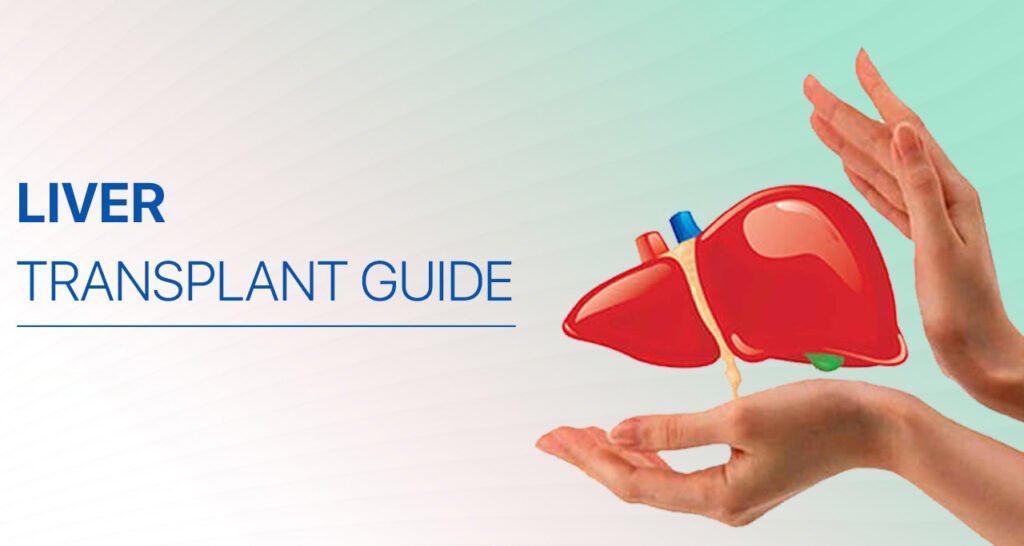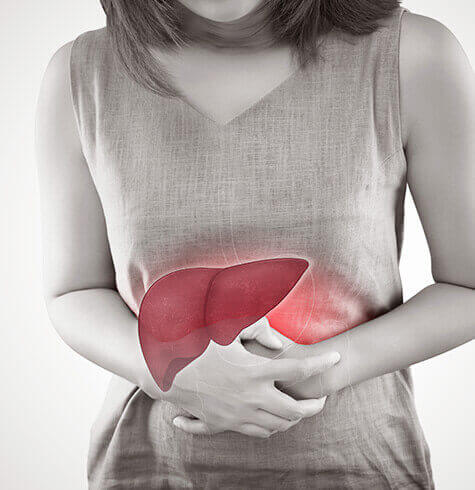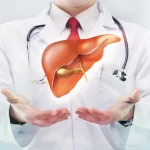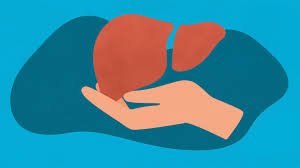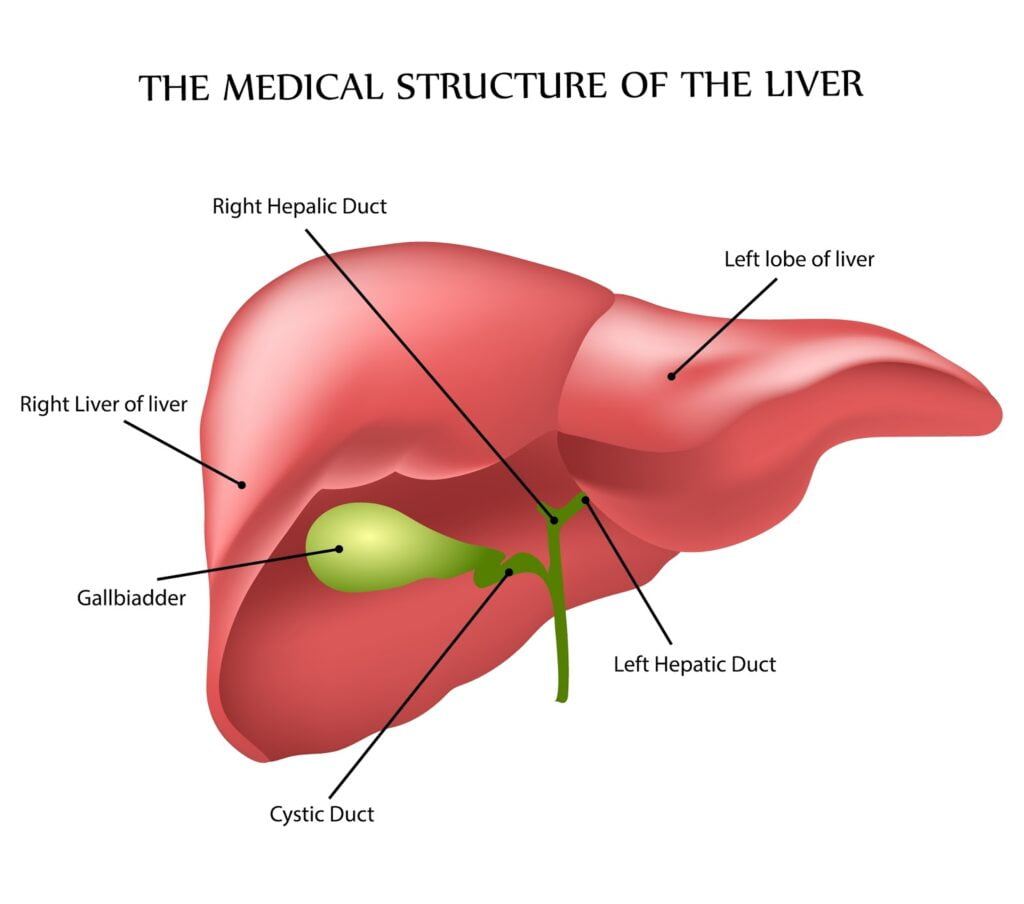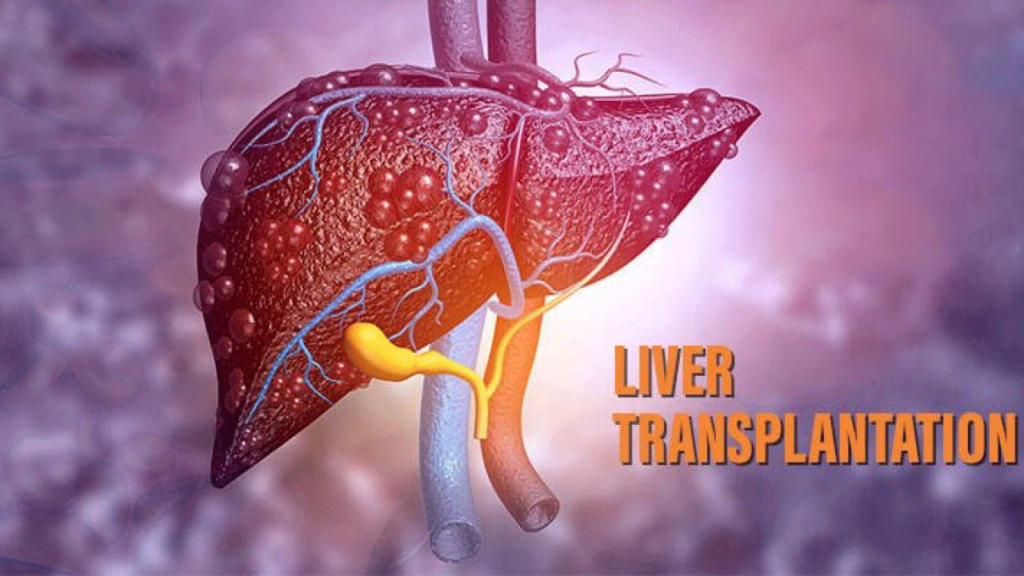Liver transplant is a life-saving procedure for people suffering from end-stage liver disease. While the surgery itself is critical, post-transplant care is equally important to ensure successful recovery and long-term health. One of the most crucial aspects of post-transplant care is medication management. In this blog, we will discuss medications commonly prescribed after liver transplant and provide patients with a guide on how to manage them effectively.
After a liver transplant, patients need to take several medications to prevent rejection of the new liver by their immune system. The immune system recognizes the transplanted organ as foreign and tries to attack it, which can cause damage to the liver and even lead to failure. Medications called immunosuppressants help suppress the immune response and prevent rejection.
In addition to immunosuppressants, other medications may be prescribed to manage complications that can arise after liver transplant, such as infections, high blood pressure, diabetes, and high cholesterol.
Medications are a vital component of post-transplant care after liver transplant. Patients need to take immunosuppressants and other drugs as prescribed to prevent rejection, manage complications, and ensure optimal health outcomes. By understanding their medications, following their medication regimen, and attending follow-up appointments, patients can effectively manage their medications and live a healthy life after liver transplant.






